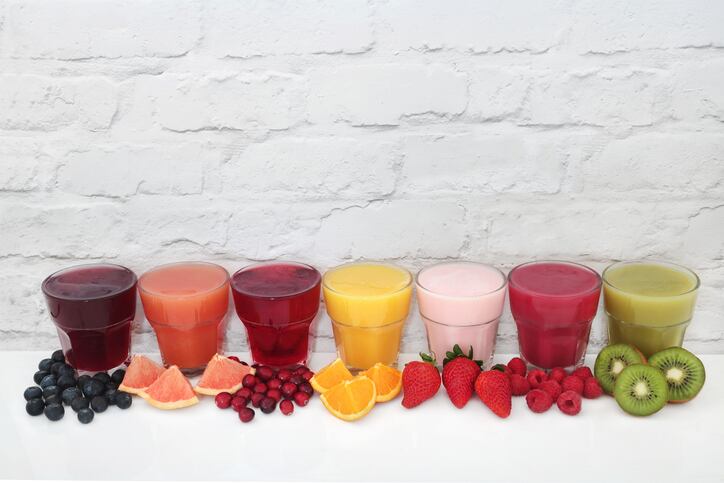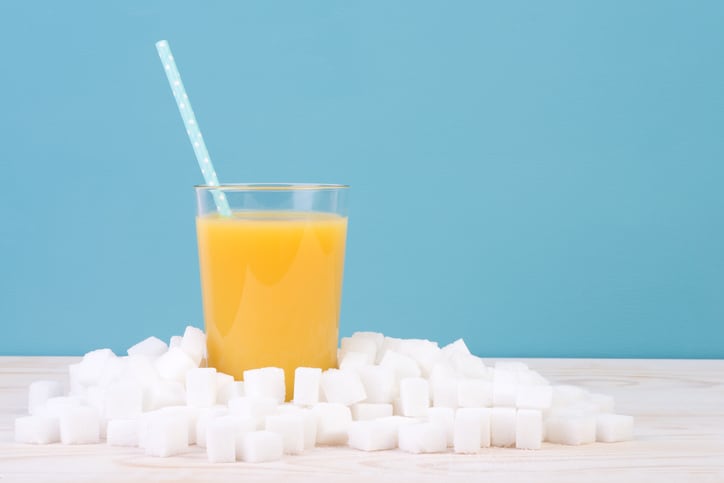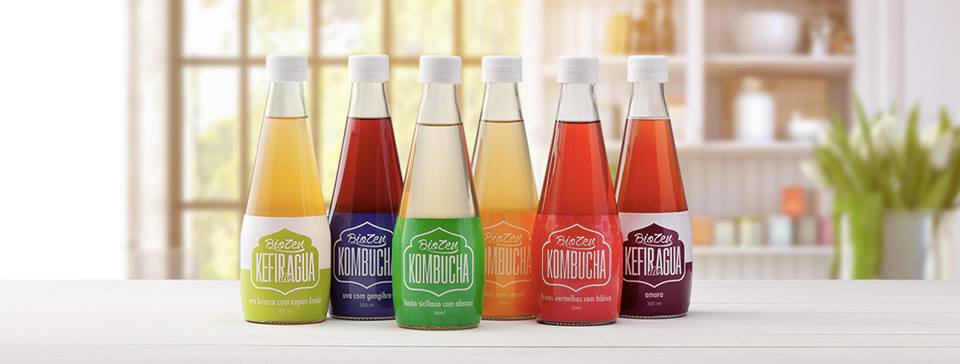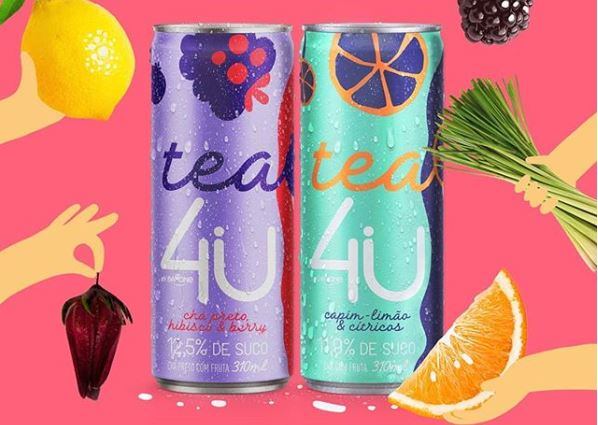In order to determine how Brazilians perceive different levels of food and drink processing, the researchers asked over 400 individuals about their perception of five common types of juice: fresh, cold-pressed, pasteurized, pressurized and non-pressurized.
Fresh, cold-pressed and non-pressurized juice were mainly associated with healthy and natural products, whereas pasteurized and pressurized were associated with processed products and unhealthiness.
Proponents of high hydrostatic pressure (HPP), which uses pressures of up to 1000 MPa, say it is superior to pasteurization as the juice’s taste and nutrients are preserved while ensuring food safety and shelf life. However, in recent years there has been a rise in brands making ‘HPP free’ claims on product packaging.
The study confirmed these negative views. Both pressurized and pasteurized were “highly associated” with negative characteristics, such as processed foods, additives, artificial ingredients and the ‘destruction of microorganisms’.
Cold pressing, which uses hydraulic presses and crushers of low speed and rotation to keep the extraction temperature and contact with oxygen to a minimum, generated mostly positive associations, such as ‘unprocessed’, ‘natural’ and ‘tasty’ - even though the technology itself was not well known.
“This indicates that top-down processes related to the name of the technology may have been responsible for consumer attitudes,” suggest the authors.
Shaping attitudes
Such attitudes may be influenced by Brazil’s national dietary guidelines which advise people to prefer natural, unprocessed food and drink while avoiding ultra-processed products, the researchers suggest.
They conclude that it could be risky to say a juice was made using HPP technology unless the manufacturer explains the advantages to consumers.
“In addition, specifically for Brazilian consumers, it seems to be important for them to understand that the new technology does not affect the nutritional content of the product,” write the researchers.
This could involve free tasters of HPP juices in supermarkets, as well as information on the product label informing them about the benefits of the technology.
Study details
Choosing to focus on Brazilians, who are big consumers of both natural and processed juices, the researchers recruited 423 participants were from diverse socio-economic backgrounds and, through questionnaires, evaluated their level of neophobia and acceptance to food processing and technology.
Women, older consumers and less educated people tended to be more neophobic and adverse to novel processing techniques than other population segments.
With one of Brazil’s biggest juice manufacturers, Citrosuco, recently announcing plans to roll out an enzymatic sugar-reducing technology for fruit juice (developed by Israeli food tech firm Better Juice), the researchers’ findings shed light on how such novel processing techniques may be viewed by the public.
According to Marina Ferreira, food and drink analyst at Mintel, Brazil’s juice market is growing as it appeals to consumers looking for drinks that are both healthier and more affordable.
“The category, however, is very competitive,” she wrote in a 2018 Mintel report. “In addition, Brazilian consumers prefer freshly squeezed juice, which means brands need to innovate in terms of flavor, texture, benefits, packaging, and communication to attract and retain customers.”
Source: Food Research International
“Brazilian consumer's perception of food processing technologies: A case study with fruit juice”
Published online ahead of print, doi.org/10.1016/j.foodres.2019.108555
Authors: Inayara Beatriz, Araujo Martins, Denize Oliveira et al.




